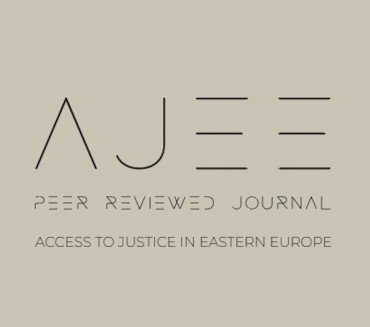Summary: – 1. Introduction. – 2. Reopening as a restitutio in integrum: The ECtHR Perspective. – 3. Reopening Criminal Proceedings in Member States. – 3.1. Availability of reopening. – 3.2. Competent court. – 3.3. Who can seek reopening? – 3.4. Erga omnes effect and beneficium cohaesionis. – 3.5. Unilateral declaration and friendly settlement as a ground for reopening. – 3.6. Time limits. – 4. Reopening Civil and Administrative Proceedings. – 4.1. Why not reopen? – 4.2. Competent court. – 4.3. Who can seek reopening? – 4.4. Unilateral declaration and friendly settlement as a ground for reopening. – 4.5. Time limits. – 5. Concluding Remarks.
The reopening of domestic criminal, civil, and administrative proceedings following European Court of Human Rights findings of a violation of the ECHR is an extraordinary remedy; its application is debatable in the Contracting States to the Convention. The overall objective of this article is to analyse the availability of the reopening of proceedings as a means of ensuring restitutio in integrum, i.e., the restoration of the status quo ante for a victim of violation or awarding compensation that would be sufficient in order bring the victim of a violation back to their position as if no violation had been committed.
This article focuses on the examination of whether reopening a case following an adversarial ECtHR judgment is available as a remedy in the national legal systems throughout Europe. The method is comparative analysis without claiming to be exhaustive. Where analysed data made it possible, certain generalisations were made.

